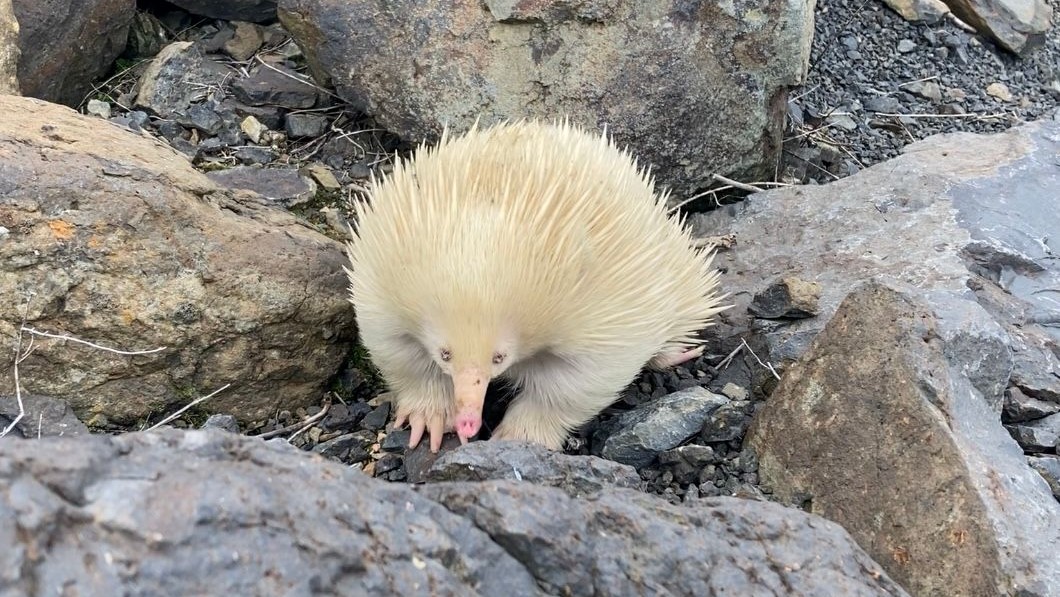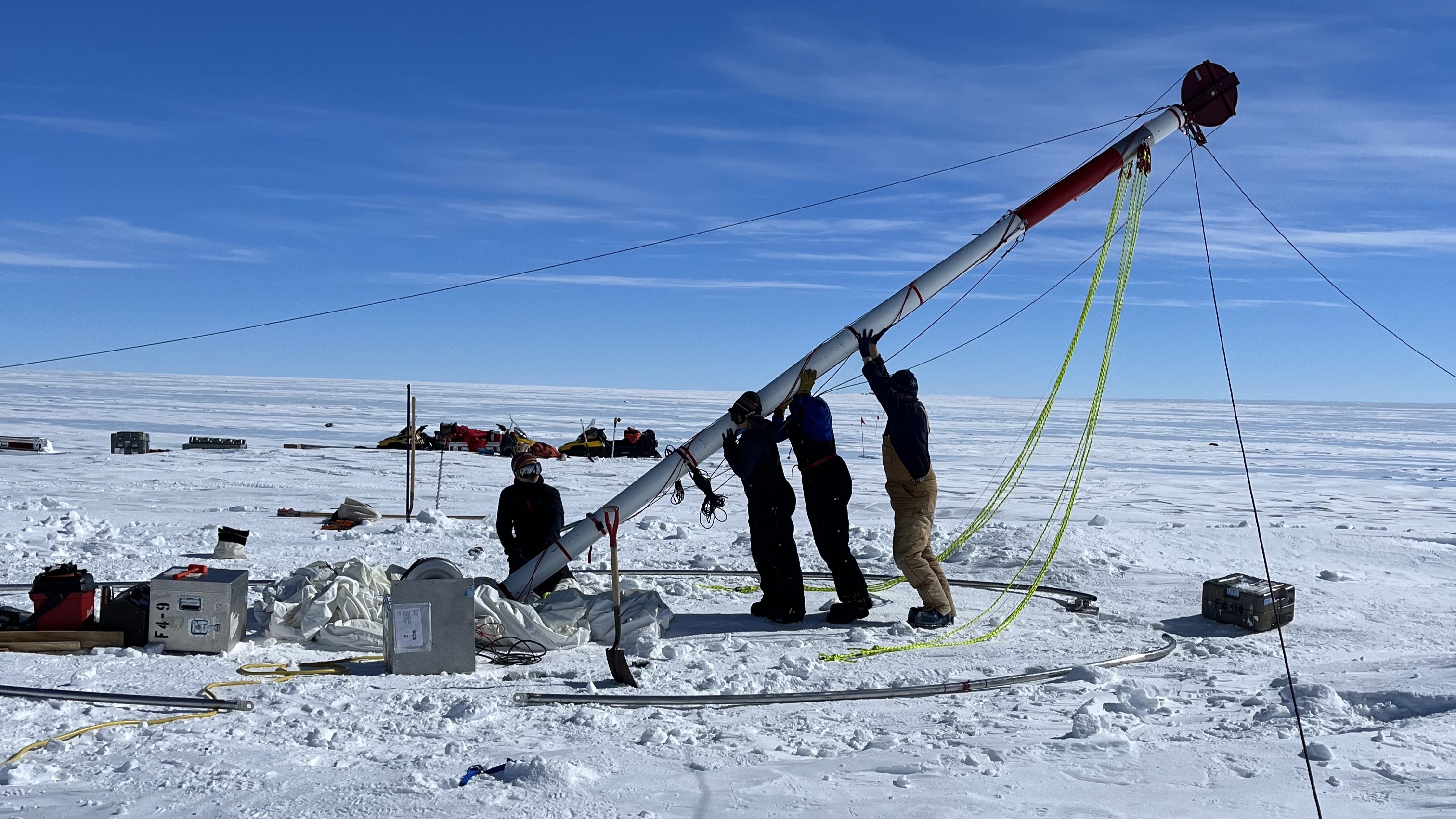Science news this week: Sinking cities and tree of life mysteries
May 27, 2023: Our weekly roundup of the latest science in the news over the past few days, as well as a few fascinating articles to keep you entertained over the weekend.

Between a cutting-edge gravitational wave detector roaring back to life and the discovery of a 3,000-year-old bakery still covered in flour, the world of science once again thrilled us with another week of groundbreaking news. And nothing is more groundbreaking right now than the combined mass of New York City’s 1,084,954 buildings, which are literally causing the city to sink at the rate of about 0.08 inches (2.1 millimeters) per year.
Speaking of weighty objects, paleontologists in Argentina discovered the remains of a ginormous long-necked titanosaur, which measured about 100 feet (30 meters) long. The dinosaur’s fossils were so heavy that when being transported to Buenos Aires for study they caused a traffic accident and smashed the asphalt on the road. Thankfully no bones, human or dinosaur, were broken.
Finally, we know that life is full of little mysteries (and we should know a thing or two about them), but what has been really taxing us this week are whether octopuses have nightmares, what China is dropping off in space, and whether we’ll ever find evidence of a "dark matter star". However, one thing we are now a little more certain of is the answer to evolutionary scientists’ chicken-or-egg equivalent — which came first, the comb jelly or the sea sponge?
Picture of the week
This unusual little critter is an extremely rare albino echidna, one of two known mammals in the world (along with platypuses) in which females lay eggs but also produce milk. Spotted earlier this month on a road in New South Wales, Australia, this all-white, quill-covered creature has been named Raffie by local authorities.
Albinism is a genetic condition that interferes with the body's production of melanin, the main pigment that colors animals' skin, fur, feathers, scales and eyes. When melanin cells don’t function properly, it can make animals appear partially or completely white.
"An albino echidna is a rare sight," representatives of Australia's Commonwealth Scientific and Industrial Research Organization (CSIRO) wrote in a Twitter post on May 22, 2022. "Spotting a non-albino echidna is also pretty uncommon," officials added.
Weekend reading
Get the world’s most fascinating discoveries delivered straight to your inbox.
- Scientists in Germany have worked out that a massive dinosaur from Brazil ate "'like a pelican,"' but why is the study, not the finding, causing an uproar?
- Speaking of dinosaurs, have you seen our exclusive preview of the new Prehistoric Planet season?
- Summer is nearly here, but not everywhere can expect to feel the heat — these are the coldest places on Earth.
- If you’re planning a trip to space any time soon you can expect some weird things to happen to your body and also see some similarly weird things if you look out the window of your rocket. It might be better if you just sleep through the whole experience.
And finally…
The James Webb Space Telescope continues its impressive run of discovering secrets of our universe, spying a gargantuan geyser on Saturn's icy moon Enceladus blasting water hundreds of miles into space — could it contain chemical ingredients for life?

Alexander McNamara is the Editor-in-Chief at Live Science, and has more than 15 years’ experience in publishing at digital titles. In 2024 he was shortlisted for Editor of the Year at the Association of British Science Writers awards for his work at Live Science. He has previously worked at New Scientist and BBC Science Focus.

